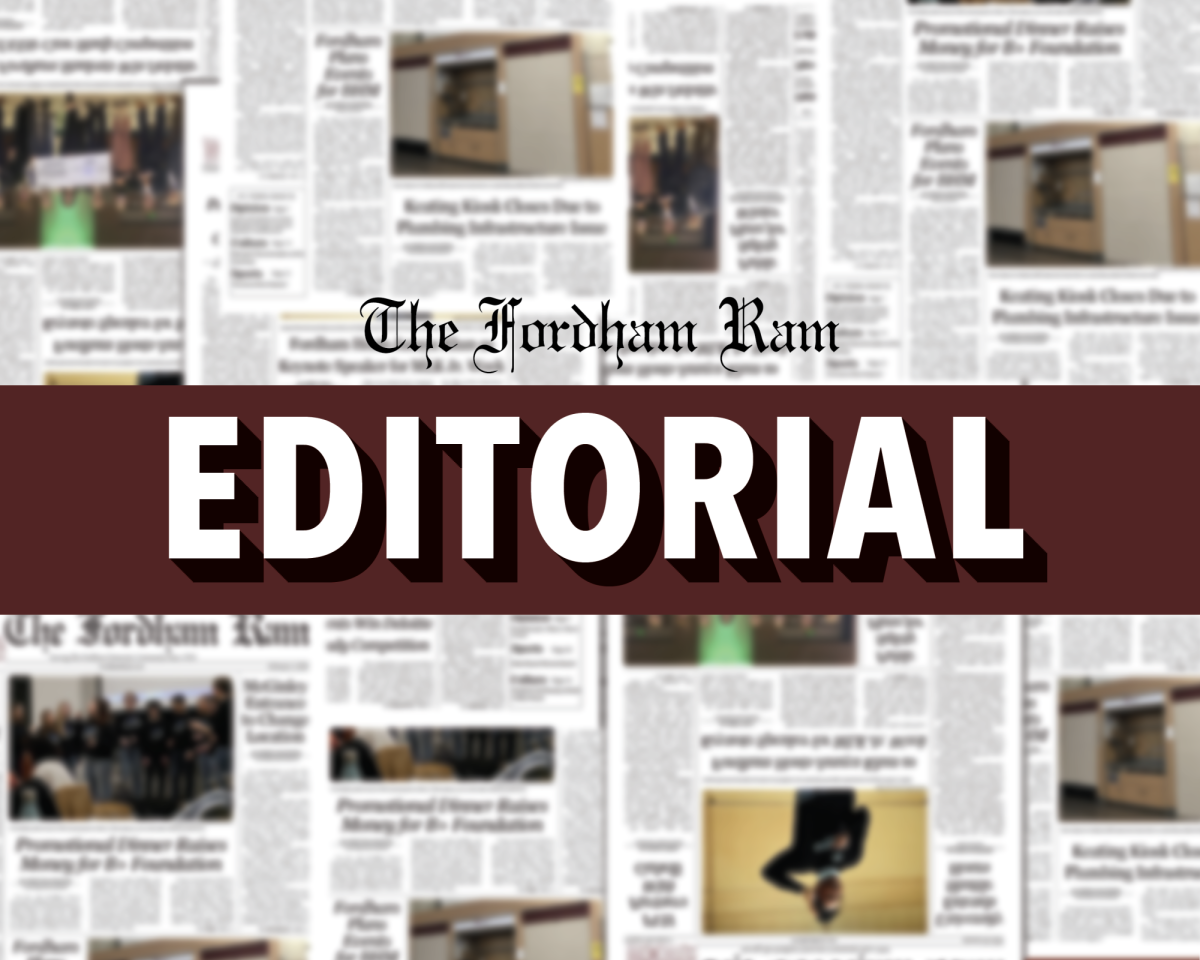New York City’s subway lines are the arteries that keep the city running. Therefore, when jolts happen to the transit system, all New Yorkers notice. Two events this month have had this effect. The first was Governor Kathy Hochul’s announcement of the deployment of 750 New York National Guard troops and 250 state troopers to patrol the subway. Their responsibilities include patrolling subway stations and checking bags for weapons. This announcement follows a number of high-profile violent occurences on the subway. The second incident occurred on a subway train underneath Brooklyn, where one man shot another in what the Brooklyn district attorney called “self defense.” These incidents have worried New Yorkers in all boroughs and impacted their perceptions of safety on the subway. In order for the subway to feel safer, Hochul should shift focus from the security theater to addressing the social issues that are the root causes of subway violence.
Since the beginning of the year, multiple subway crimes have made the news. One recent example was when a train conductor on the 4 train in the Bronx was hit by a glass bottle while pulling out of the 170th St. station. In late February, there was a violent dispute on the D train. These events have resulted in a crisis of confidence among subway riders. Although it is statistically rare for a person to be the victim of a subway crime, it has not stopped commuters from feeling unsafe. An MTA survey of train riders from the fall of 2023 found only 54% of commuters felt safe riding the train. Commuters shouldn’t feel unsafe when taking the subway, especially if that is their main form of transportation. Thus, it makes sense for Hochul to take action to increase safety, especially since the state wants people to continue taking the subway, as ridership has still not recovered to pre-COVID-19 levels.
Hochul’s decision to add the National Guard and state troopers is a political one. It gives the subway a veneer of safety for commuters. Troops dressed in armor are walking around large stations like Grand Central and Times Square, armed and checking bags to make sure they do not contain weapons. While Hochul proclaimed that this action would increase the subway’s safety, many New Yorkers have disagreed. When interviewed for a New York Times article published earlier this month, some subway commuters called Hochul’s actions “fearmongering.” Questions have been raised by civil liberties groups about what tactics the National Guard is using to decide whose bags to check, worried that Black and Latino commuters could be targeted for bag searches, while white commuters wouldn’t be. Important details of the program have not been shared with the public. We don’t know how long the operation will last since Hochul has been vague, stating that she does not want criminals to know when the program will end.
The expressed intent of Hochul’s action was to make the subway feel safer, but violent events have occurred since the announcement. As mentioned earlier, there was a recent violent incident on the A train subway in Brooklyn where a fight broke out in a subway car and was recorded by another passenger. The situation intensified and one of the men stabbed the other, who then proceeded to pull out a gun, and then the other man grabbed the gun and shot the man.
While it makes sense to have security in subway stations, deploying the National Guard will not address the root issues that will alleviate the subway’s current malaise. Some experts believe subway violence is a side effect of social issues and the lack of a strong social safety net. Some of these issues include homelessness and mental illness. However, the city’s homeless shelters were found to be poorly run in a 2023 investigation by the New York Times. Private New York hospitals also have been hesitant to admit psychiatric inpatients which have forced mentally ill people on the street. Hochul has taken some action to address some of these issues, like hiring 10 mental health teams that will work on the subway., But reforming the city’s social safety should be a higher priority than deploying the National Guard.
The state of the subway reflects the societal health of the city, and if it is not doing well, then the city is not either. All New Yorkers deserve to feel safe on the subway, but that can only be achieved if public officials move past political solutions and embrace the lasting policy ones.







































































































































































































